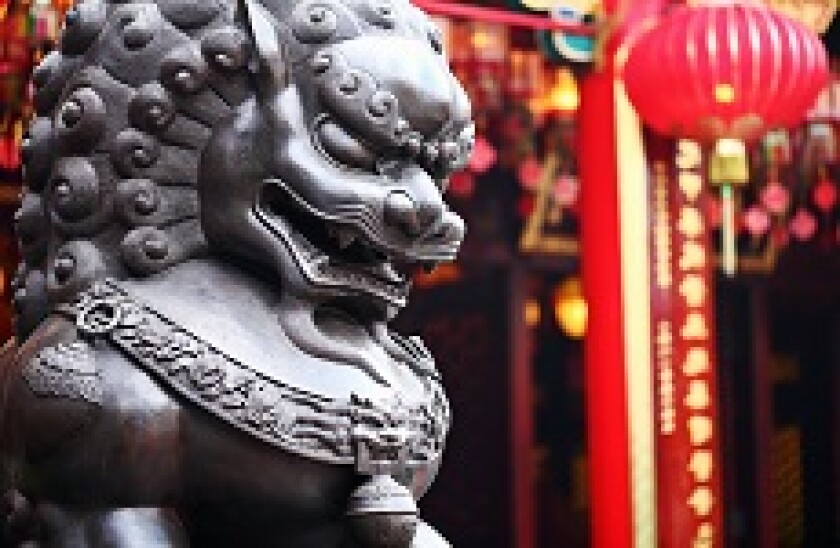Bank of Qingdao Co plans to launch its $600m listing on November 20 via joint sponsors Citic CLSA Securities and Goldman Sachs, alongside a syndicate of some 10 banks, according to sources close to the company. Pre-marketing kicked off earlier in the week.
It is not the only one seeking fresh equity. Bank of Jinzhou Co commenced investor education on November 17 for its $600m float, while Bank of Zhengzhou, which is yet to gain approval from the Hong Kong Stock Exchange, is eyeing a $700 IPO before the year is out. Meanwhile, Bank of Tianjin is seeking a float next year.
“These banks need to raise money from either debt or equity, and a listing in Hong Kong is the best way because it allows them to raise more cash via follow-ons later and, of course, an IPO in the city is pretty straightforward,” said a banker working on the Qingdao transaction.
The Hong Kong bourse wraps up its listing hearing process for the year in two weeks’ time, and if issuers can’t squeeze into this window, then they will have to push those trades to next year, said bankers. If they miss the boat, they will be forced to update their accounts and delay the IPOs.
And with the entire banking industry on the hunt for capital, some Chinese lenders have found the route to an A-share IPO too slow. It did not help that China banned new listings for four months after a summer rout that wiped out trillions from its stock market.
But bankers on and away from the listings reckon that the flurry of bank deals will be a tough sell.
“There’s no differentiation between the city banks and investors have lots to choose from in the secondary market,” said a banker away from the IPOs. “The quality of some of these banks is also suspect, so I reckon they will be heavily supported by friends and family.”
A bookrunner on Qingdao Bank admits that although investors won’t be rolling out the red carpet for the city lenders, demand should be enough to cover the books.
“This is not a must-buy, but if we didn’t believe we could get it across the line, then we wouldn’t launch,” he said. “If you look at Shengjing Bank for example, it got done and was decent in the aftermarket, even if it wasn’t the hottest trade of the year.”
Shengjing Bank was listed in December 2014, raising HK$10.4bn in a deal that was largely sold to Chinese investors.
Commercial city banks will mostly appeal to longer term investors seeking dividends or fixed-income type returns, other state-owned enterprises and those wanting to cement their relationships with the banks, according to market watchers.
“These are not hedge fund plays,” said the first banker. “It’ll be the relationship investors buying shares, and in the past property developers have taken up stakes in the IPOs of city banks because of the lending relationship.”
Tough valuations
Bankers can work around this by pricing around 1x P/B on a historical basis and below 1x P/B on a forward basis, but the fact that most of the comparables — other Hong Kong-listed Chinese city lenders — are trading below book value will not help, say bankers. Peers are trading at 0.7x-0.8x P/B.
The fundamentals too are a concern. Loan growth in China has been softening, with Fitch saying in a report this month that banks need to comply with higher capital buffers at a time when profitability is weakening. This has put pressure on capital and the profitability of most mid-tier Chinese banks.
Macquarie Research meanwhile reckons that H-share banks should not trade higher than book value as banks under its coverage reported their highest level of non-performing loans since 2009 for the third quarter of this year. This came amid a lack of earnings growth and deterioration in asset quality.
Despite these challenges, the city bank IPOs have little choice but to market their trades at a premium to the comparables, given China’s pricing restrictions.
Friends, family and SOEs
To ensure the IPOs go well, a higher cornerstone tranche seems a foregone conclusion, with Qingdao expected to put more than 50% of the offering into the hands of cornerstone investors, said a banker on the listing.
While this has been the case for many listings that hit the market this quarter following the summer turbulence, IPOs that had priced in the first half of the year were relatively good quality names that underwent a real bookbuilding, say bankers.

